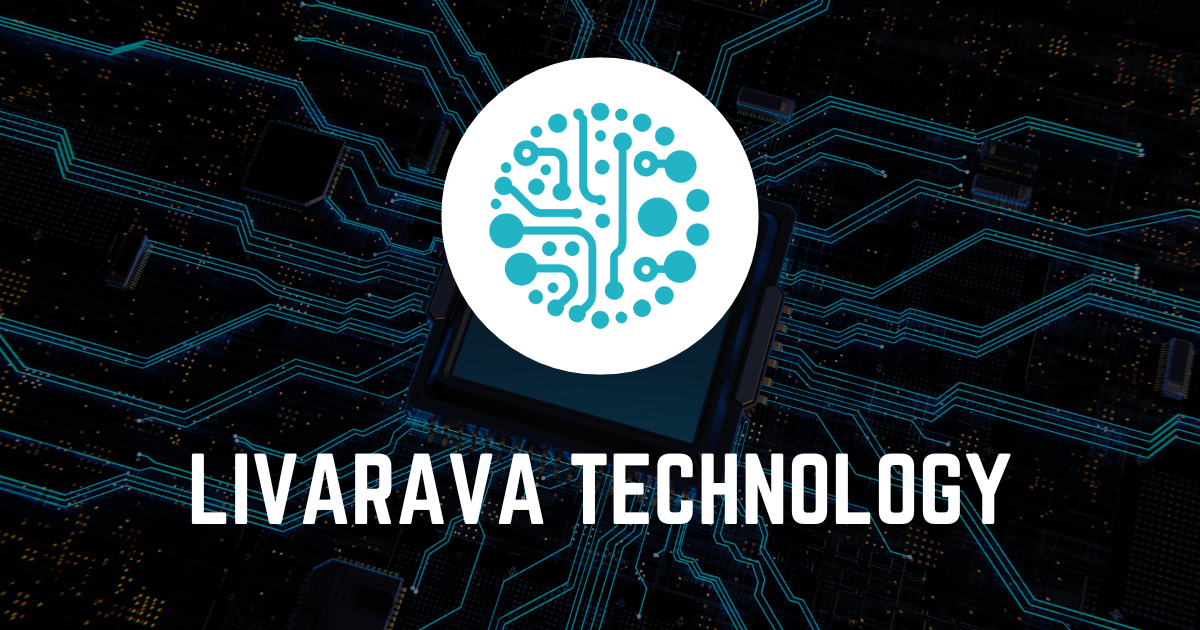Exploring the Limitations and Benefits of Medical Apps

The Role of Medical Apps in Healthcare
Medical apps are increasingly popular, offering users various health-related services at their fingertips. Unu Health provides a range of features, most of which are free, enhancing user experience and accessibility.
Cost of Professional Consultations
- Consulting a doctor or nurse through mobile applications usually comes with a fee.
- This cost is significantly lower than traditional office visits.
Limitations of Medical Apps
Despite their convenience, medical apps have their limitations:
- They cannot replace face-to-face consultation for serious health issues.
- User reliance on apps may lead to misdiagnosis without professional guidance.
In summary, while medical apps offer valuable functionalities, users must be cautious about their healthcare reliance on technology alone.
This article was prepared using information from open sources in accordance with the principles of Ethical Policy. The editorial team is not responsible for absolute accuracy, as it relies on data from the sources referenced.